CppCon 2024 Modern C++ Error Handling -- Phil Nash
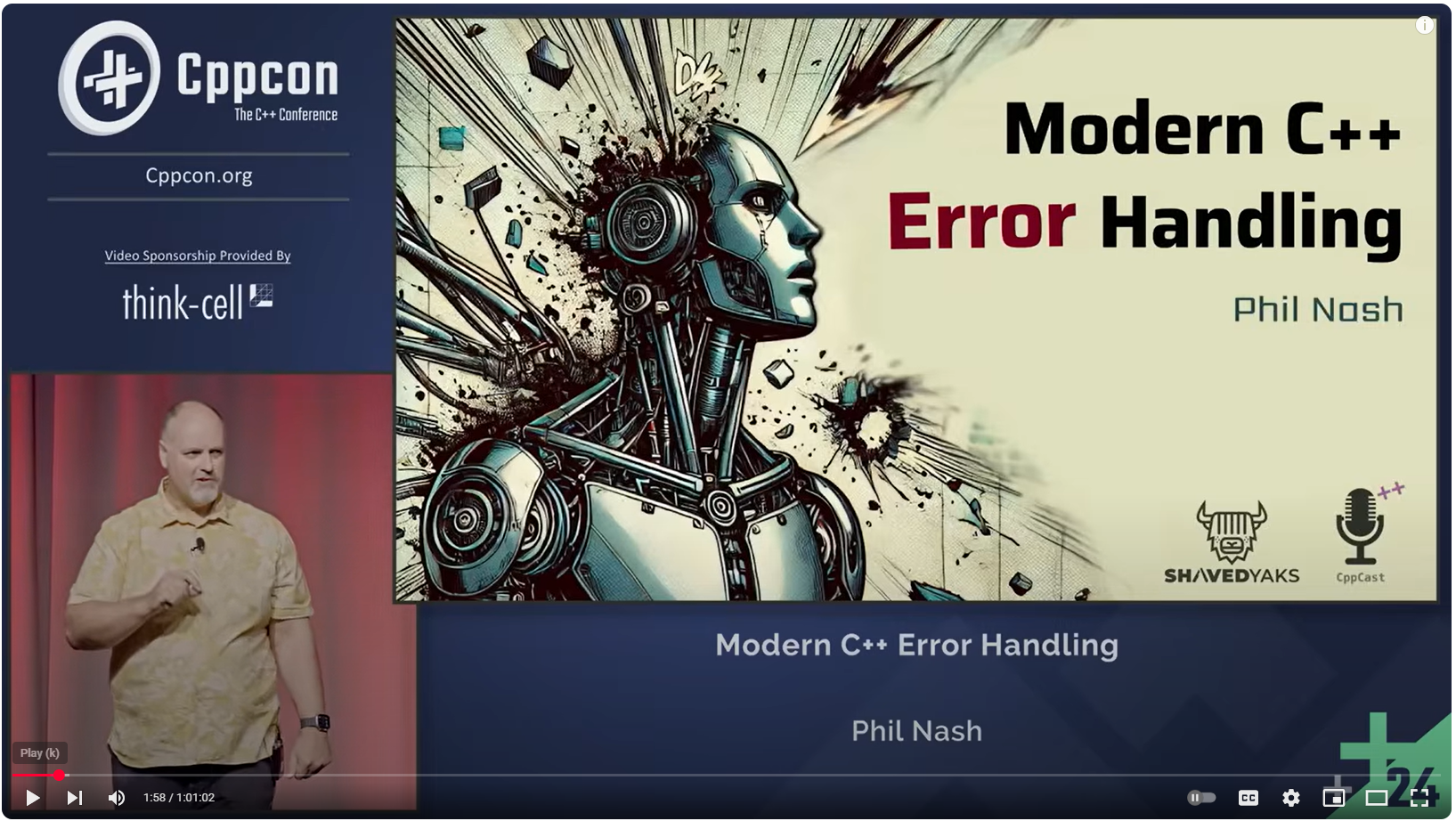 Registration is now open for CppCon 2025! The conference starts on September 15 and will be held in person in Aurora, CO. To whet your appetite for this year’s conference, we’re posting videos of some of the top-rated talks from last year's conference. Here’s another CppCon talk video we hope you will enjoy – and why not register today for CppCon 2025!
Registration is now open for CppCon 2025! The conference starts on September 15 and will be held in person in Aurora, CO. To whet your appetite for this year’s conference, we’re posting videos of some of the top-rated talks from last year's conference. Here’s another CppCon talk video we hope you will enjoy – and why not register today for CppCon 2025!
Modern C++ Error Handling
by Phil Nash
Summary of the talk:
We’ve had exceptions in C++ since before the first standard. C++17 introduced std::optional and C++23 std::expected (along with the so-called Monadic Operations for both types).
What should we use and when?
Meanwhile we still have older approaches, such as boolean or error code returns, as well as global or thread local error status or pointer or reference arguments.
Do these still have a place?
And where does assert fit in? And the (hopefully) upcoming contracts?
Perhaps more importantly, once we’ve examined all the trade-offs, can we defer any of those decisions to when we are best positioned to commit to them?
Erroneous conditions can have a big impact on your code’s safety and security, so error handling shouldn’t just be left to the “exercise left for the reader” in the books we used to read. Let’s get this all straight.

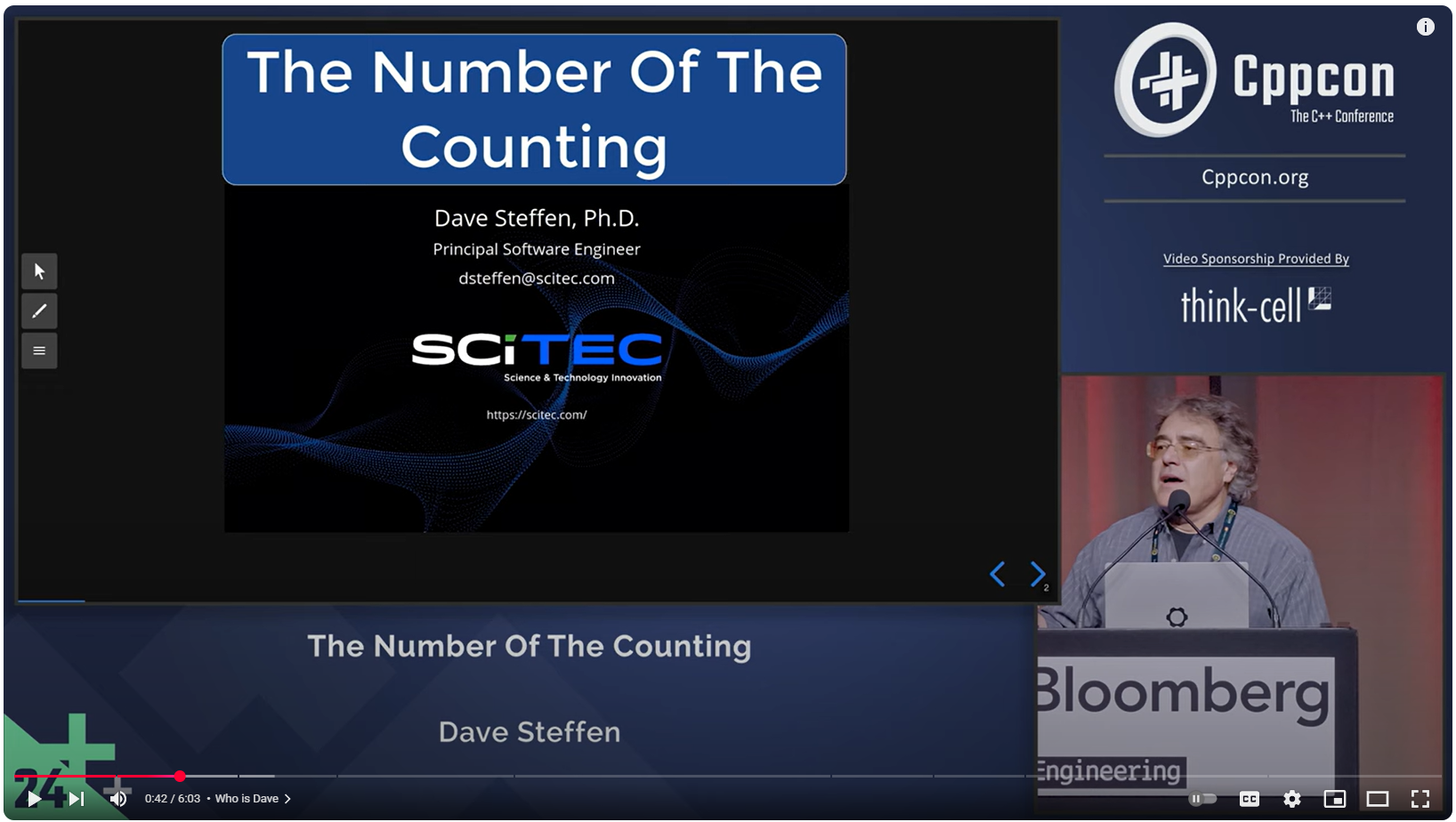 Registration is now open for CppCon 2025! The conference starts on September 15 and will be held
Registration is now open for CppCon 2025! The conference starts on September 15 and will be held 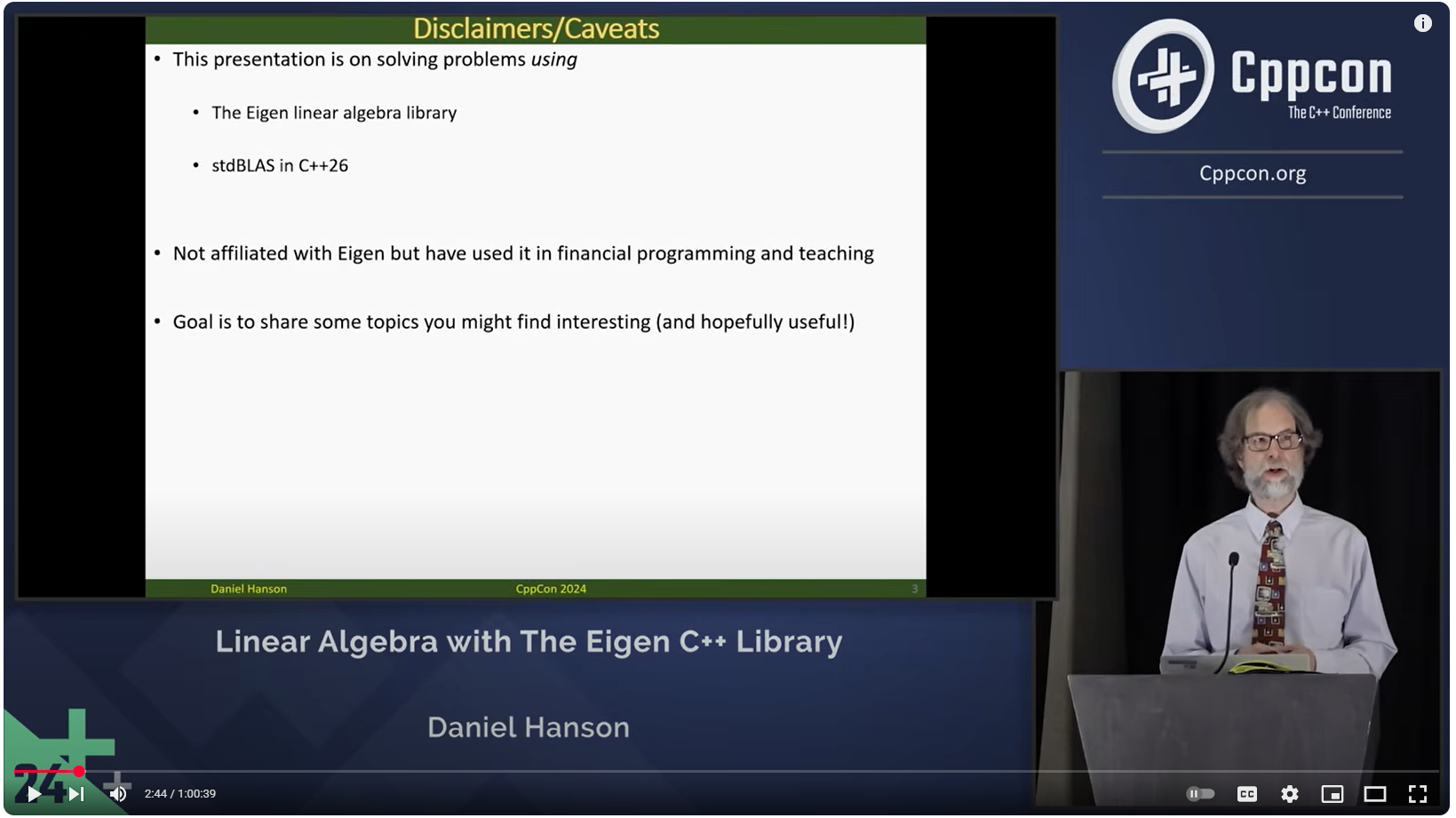 Registration is now open for CppCon 2025! The conference starts on September 15 and will be held
Registration is now open for CppCon 2025! The conference starts on September 15 and will be held 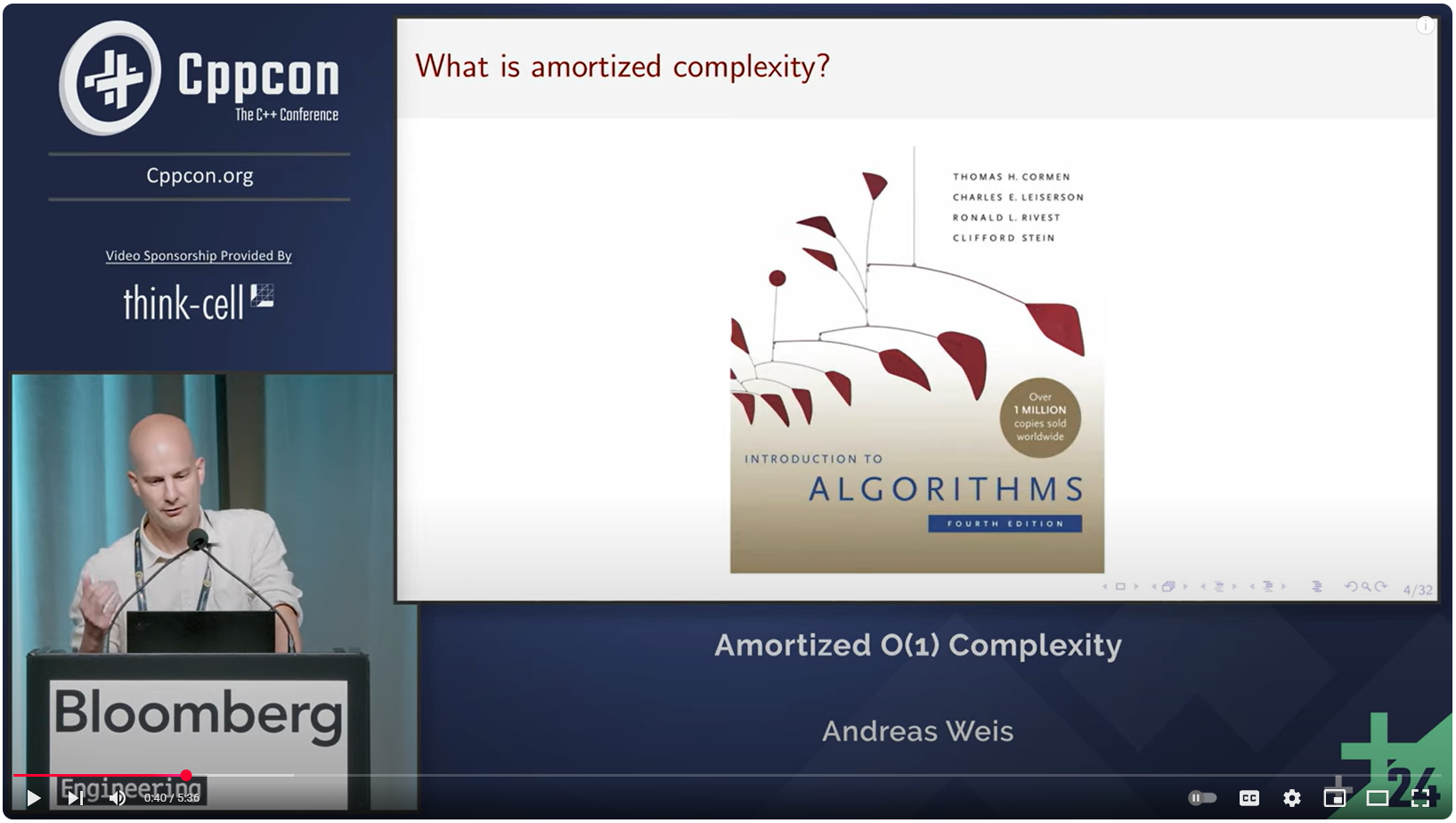 Registration is now open for CppCon 2025! The conference starts on September 15 and will be held
Registration is now open for CppCon 2025! The conference starts on September 15 and will be held 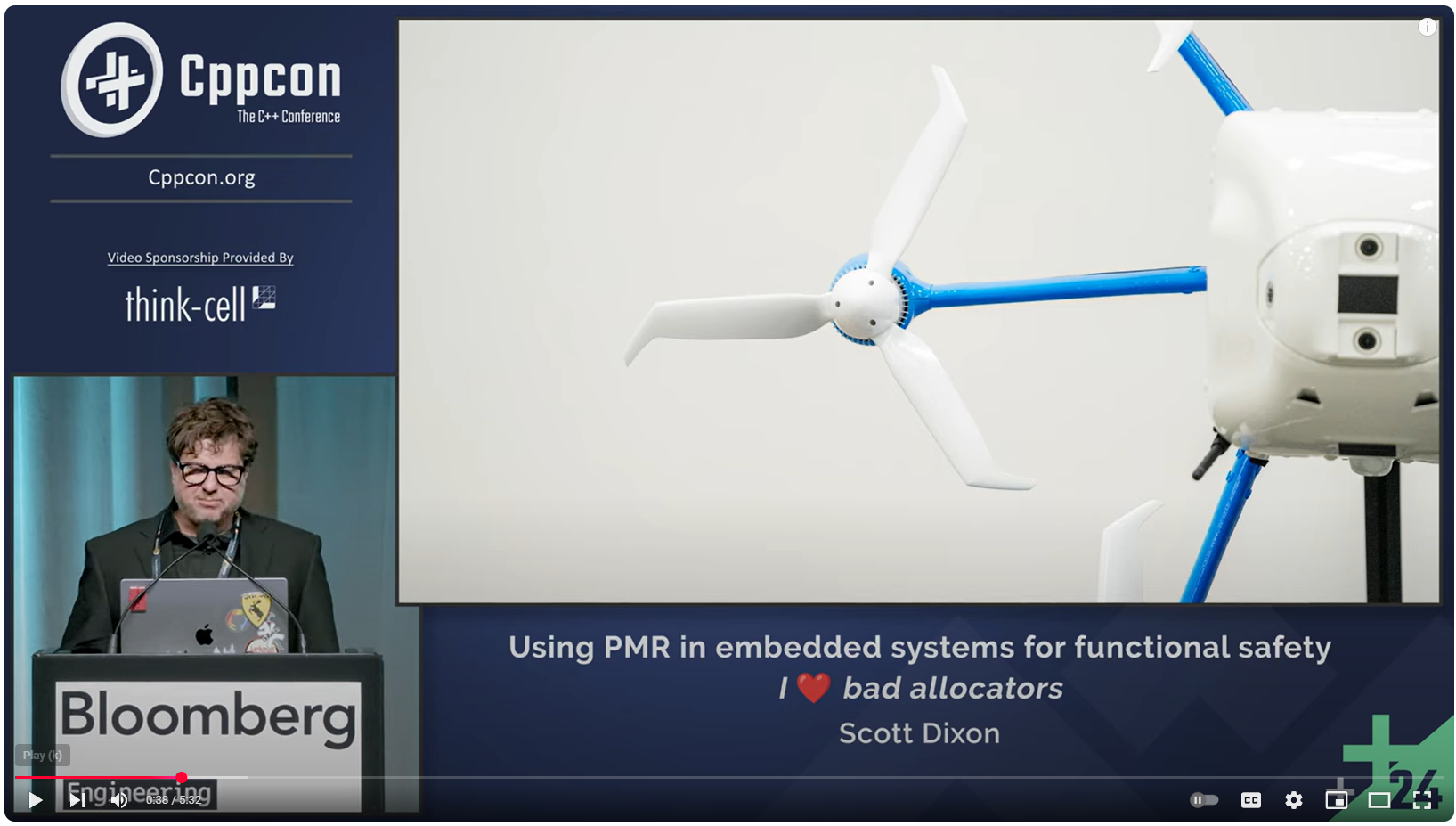 Registration is now open for CppCon 2025! The conference starts on September 15 and will be held
Registration is now open for CppCon 2025! The conference starts on September 15 and will be held 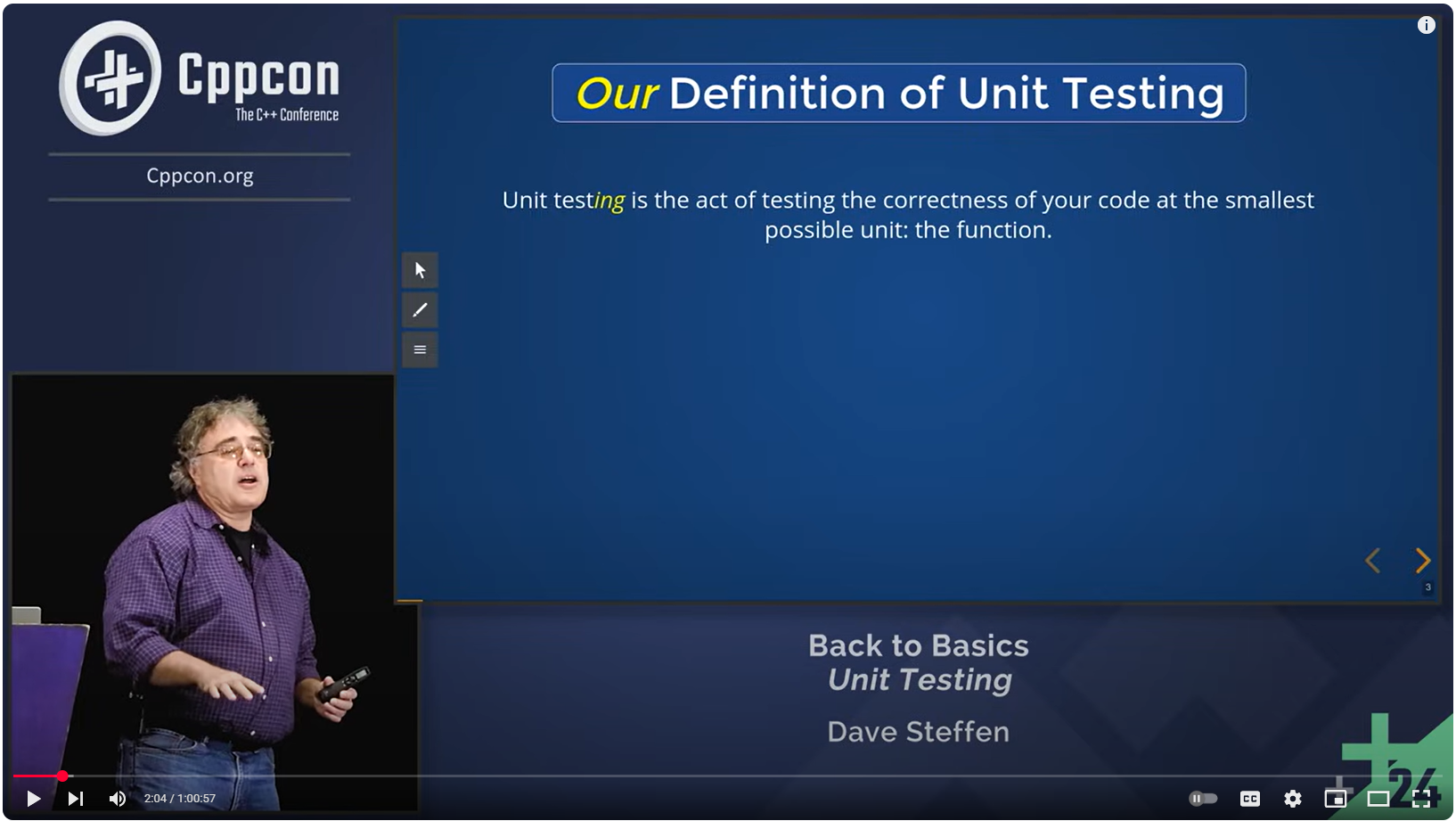 Registration is now open for CppCon 2025! The conference starts on September 15 and will be held
Registration is now open for CppCon 2025! The conference starts on September 15 and will be held 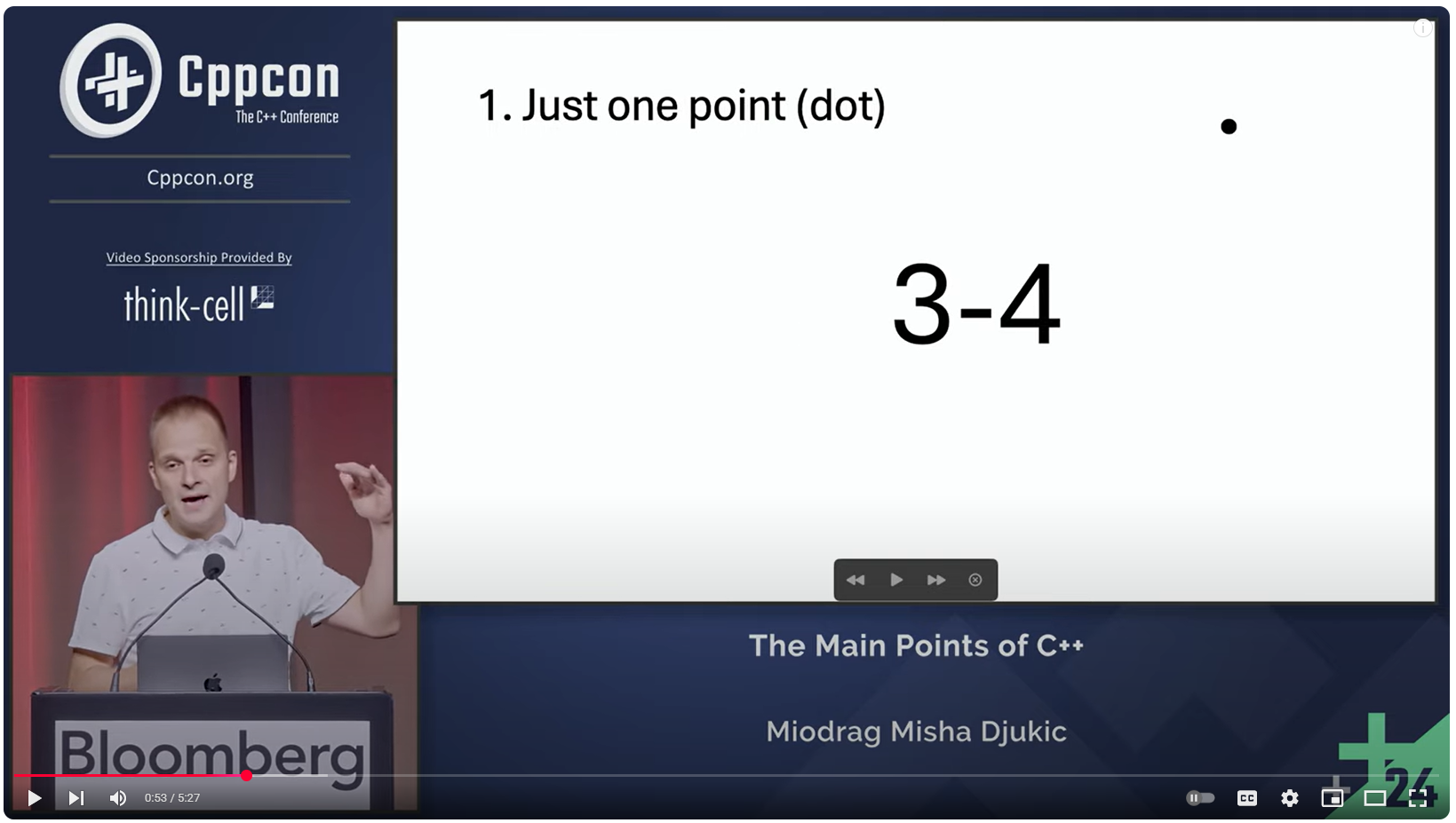 Registration is now open for CppCon 2025! The conference starts on September 15 and will be held
Registration is now open for CppCon 2025! The conference starts on September 15 and will be held 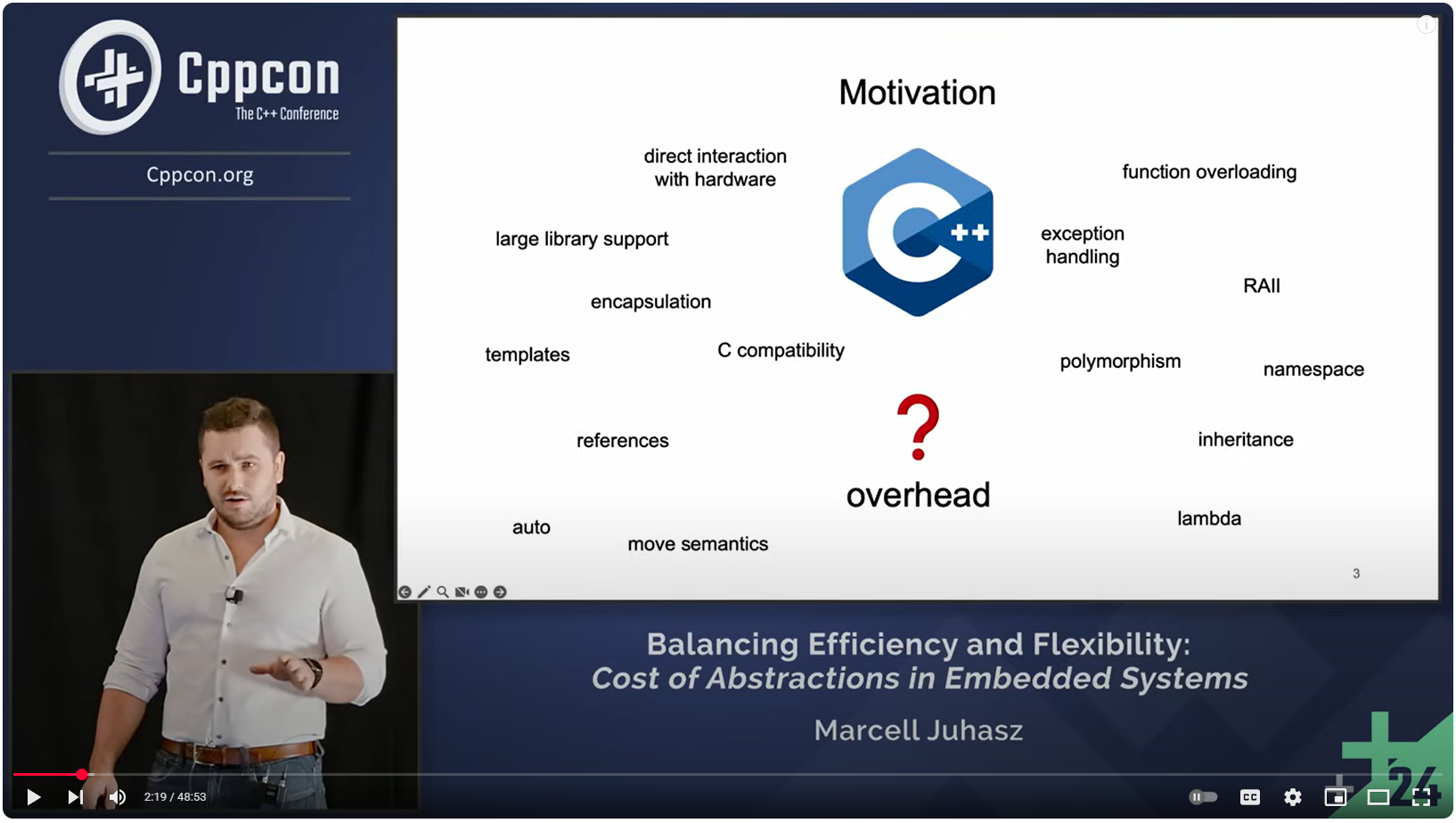 Registration is now open for CppCon 2025! The conference starts on September 15 and will be held
Registration is now open for CppCon 2025! The conference starts on September 15 and will be held 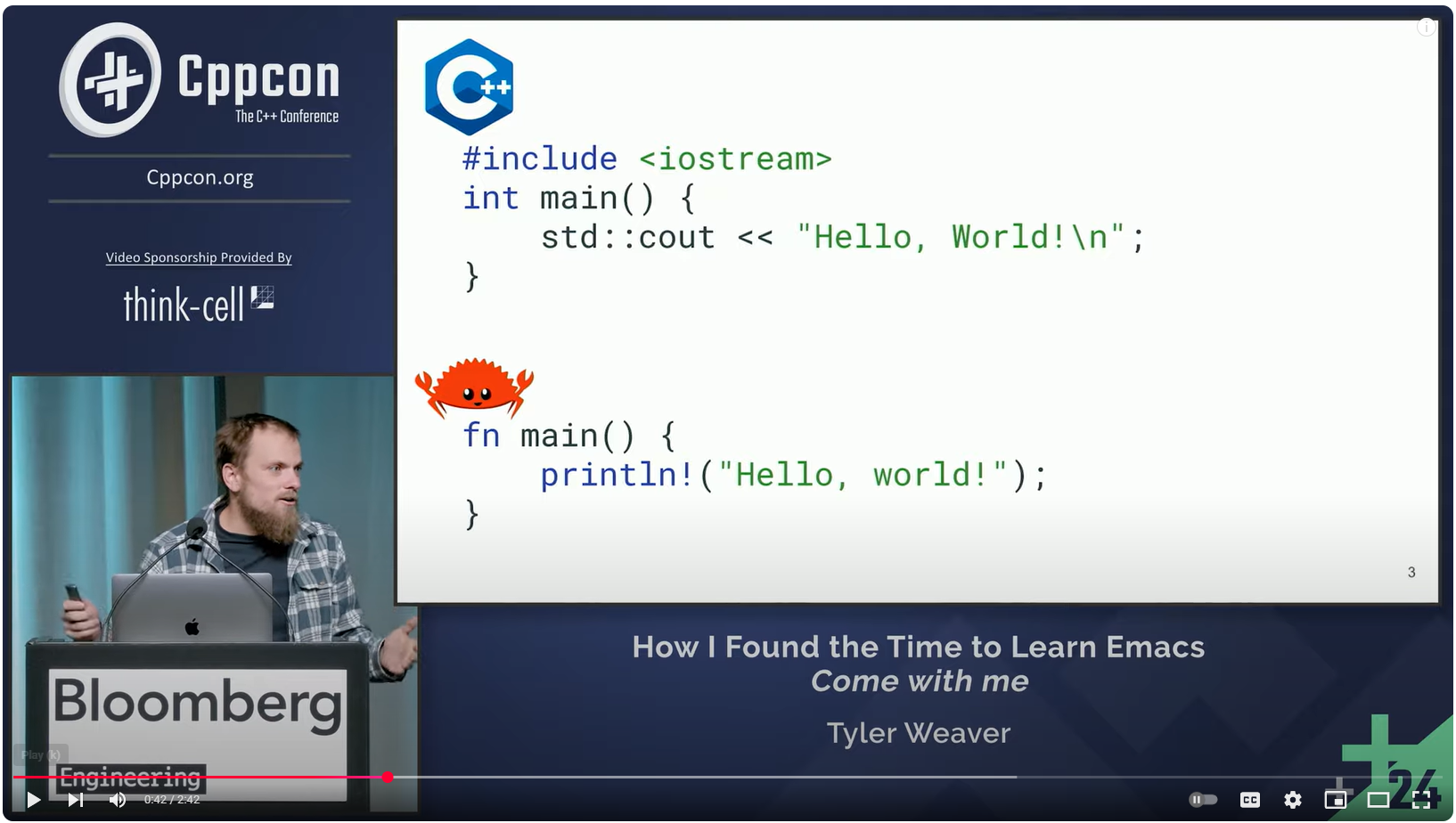 Registration is now open for CppCon 2025! The conference starts on September 15 and will be held
Registration is now open for CppCon 2025! The conference starts on September 15 and will be held 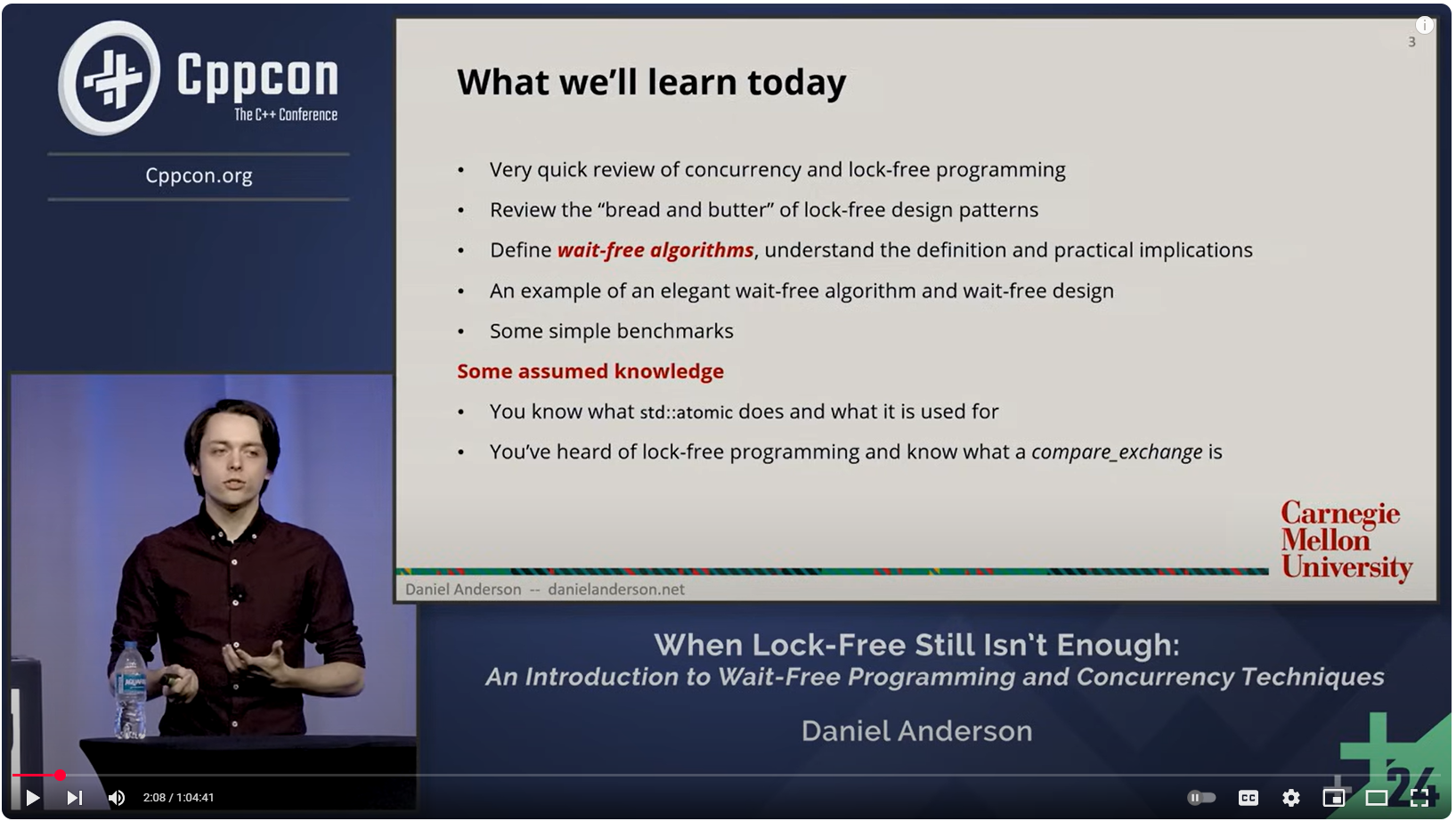 Registration is now open for CppCon 2025! The conference starts on September 15 and will be held
Registration is now open for CppCon 2025! The conference starts on September 15 and will be held